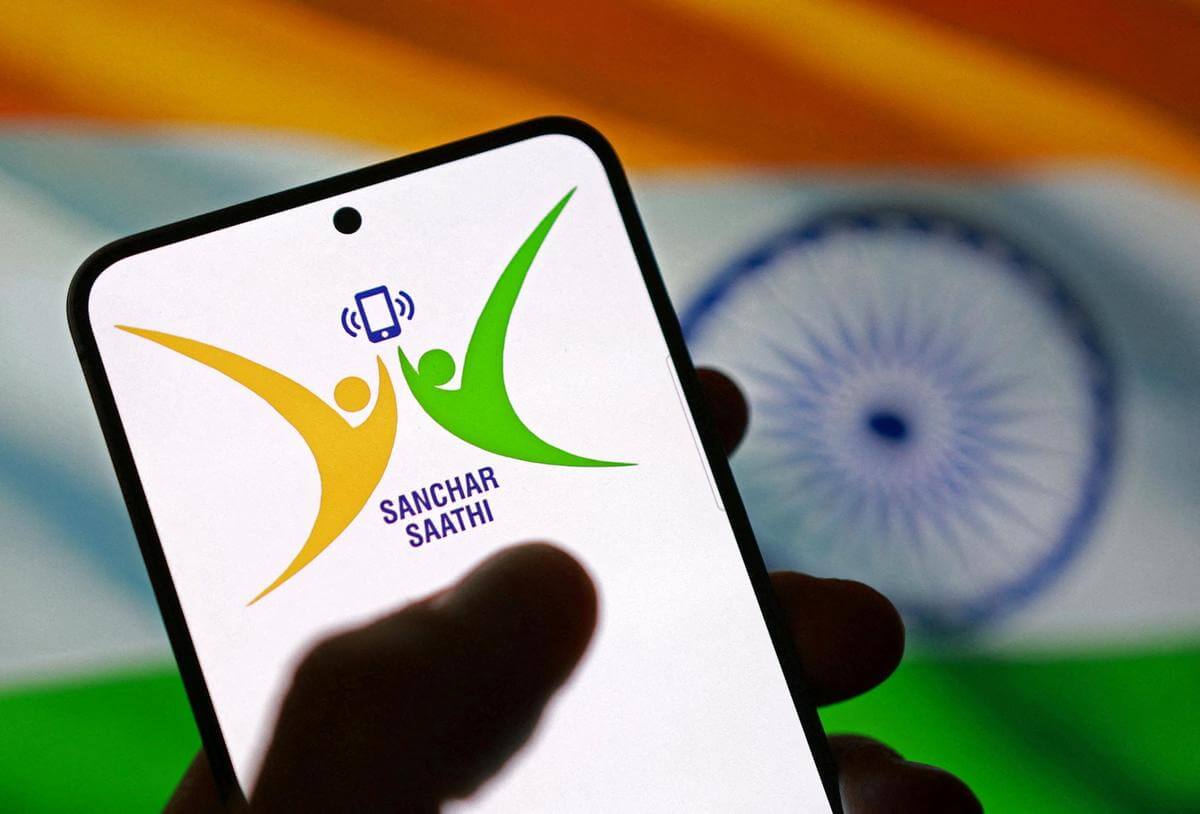Meta, formerly known as Facebook, is currently embroiled in a significant antitrust case in the United States, a trial that could reshape the landscape of social media and big tech. The Federal Trade Commission (FTC) is challenging Meta's acquisition of Instagram in 2012 and WhatsApp in 2014, alleging that these acquisitions were part of a systematic strategy to monopolize the personal social networking (PSN) market. The trial, which commenced in mid-April 2025, has brought CEO Mark Zuckerberg to the stand to defend the company's business practices.
The FTC's primary argument is that Meta has engaged in anti-competitive behavior for years to maintain an illegal monopoly. According to the FTC, Meta strategically bought out or buried smaller, emerging rivals to eliminate threats to its dominance. The acquisitions of Instagram and WhatsApp are central to this argument, with the FTC asserting that these apps could have evolved into significant independent competitors had they not been acquired by Meta. If the FTC prevails, Meta could be forced to divest Instagram and WhatsApp, a move that would dramatically alter the company's structure and influence.
Meta, on the other hand, argues that its acquisitions of Instagram and WhatsApp fueled the apps' growth and success. The company contends that there is little evidence to suggest that these platforms would have become viable competitors on their own. Meta highlights the significant investments it has made in these platforms, adding features and improving their reliability and security. These investments, Meta claims, have benefited billions of users worldwide. Zuckerberg has stated that he was worried about other messaging apps like WeChat before acquiring WhatsApp. He also admitted that Meta was behind in photo sharing before buying Instagram.
A key point of contention in the trial is the definition of the relevant market. The FTC defines it as "personal social networking," seemingly excluding platforms like TikTok, YouTube, and X (formerly Twitter). Meta argues that this definition is too narrow and that these platforms are indeed competitors. For instance, Meta points out that when TikTok was briefly banned in the U.S. in January 2025, Facebook and Instagram usage saw a notable spike. If Meta can successfully demonstrate that the FTC's market definition is flawed, it could significantly weaken the FTC's case.
This antitrust case has a long history. The FTC initially filed its complaint against Facebook in 2020, during President Donald Trump's administration. Although the original complaint was dismissed in 2021, the FTC re-submitted an amended complaint with more details, which was cleared during former Chair Khan's term. The case has garnered bipartisan attention, uniting American lawmakers and bureaucrats who are otherwise divided along party lines. The current FTC Chair, Andrew Ferguson, has publicly stated that the agency views Meta as a monopoly and intends to prove it in court.
The outcome of this trial could have far-reaching implications for big tech. A Meta loss could set a precedent for increased scrutiny of mergers and acquisitions by dominant tech companies. It might also encourage regulators to pursue more aggressive remedies, such as forced divestitures, to promote competition. Conversely, a Meta victory could embolden other tech giants and potentially weaken the government's ability to challenge future mergers. Regardless of the verdict, the Meta antitrust case underscores the growing concerns about the immense power and influence wielded by a handful of tech companies and the ongoing debate about how to ensure a level playing field in the digital economy.




















